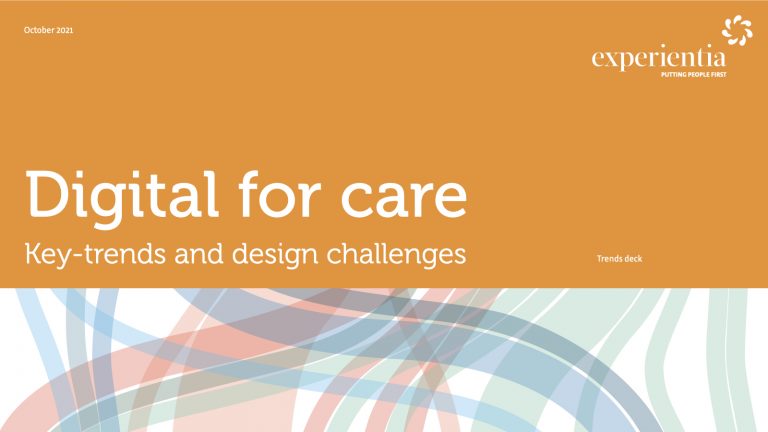With Electronic Medical Records, doctors read when they should talk

And this can have tragic consequences. Like Ebola death tragic. Abigail Zuger, M.D., shares her own experience:
“We do not really know whether dysfunctional software contributed to last month’s debacle in a Dallas emergency room, when some medical mind failed to connect the dots between an African man and a viral syndrome and sent a patient with deadly Ebola back into the community. Even scarier than that mistake, though, is the certainty that similar ones lie in wait for all of us who cope with medical information stored in digital piles grown so gigantic, unwieldy and unreadable that sometimes we wind up working with no information at all.
We are in the middle of a simmering crisis in medical data management. Like computer servers everywhere, hospital servers store great masses of trivia mixed with valuable information and gross misinformation, all cut and pasted and endlessly reiterated. Even the best software is no match for the accumulation. When we need facts, we swoop over the surface like sea gulls over landfill, peck out what we can, and flap on. There is no time to dig and, even worse, no time to do what we were trained to do — slow down, go to the source, and start from the beginning.”
Her conclusion: “Like good police work, good medicine depends on deliberate, inefficient, plodding, expensive repetition. No system of data management will ever replace it.”



